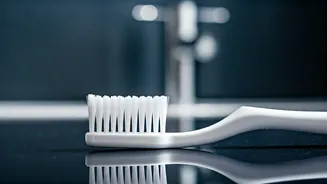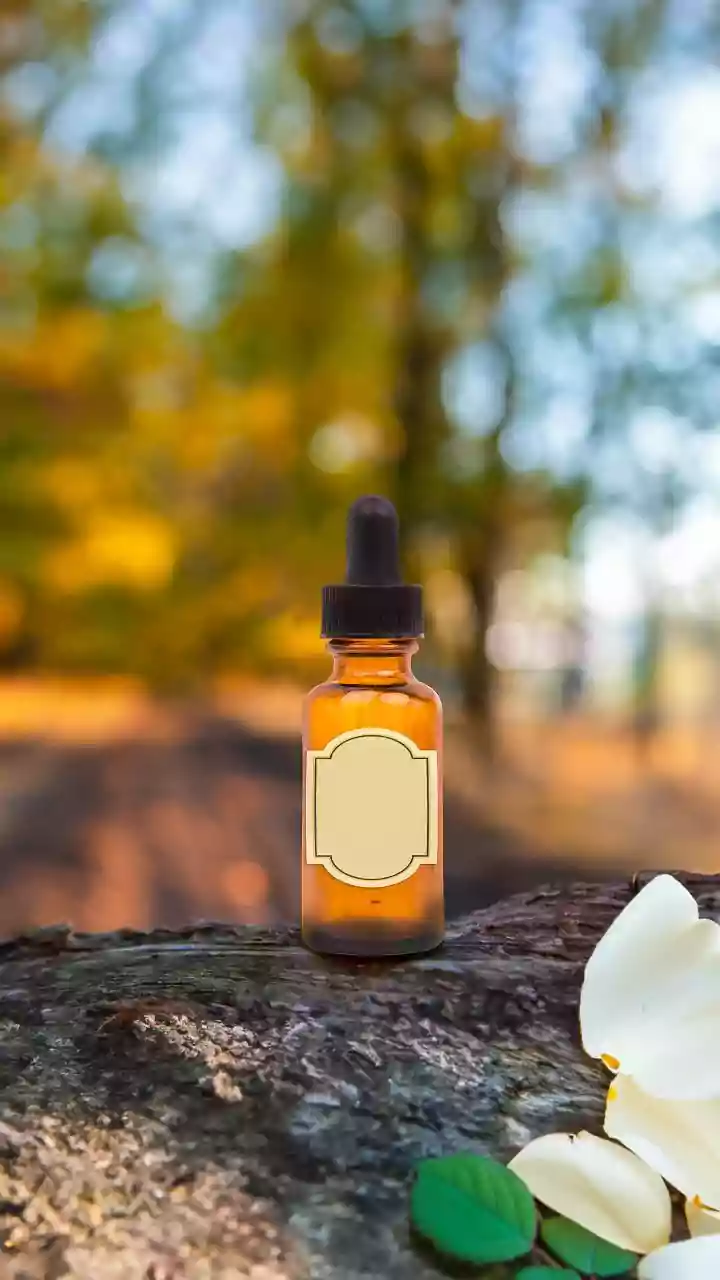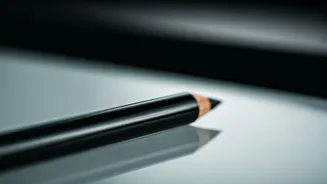Brushing Frequency Explained
The age-old question of 'how often should I brush my teeth?' often arises in oral hygiene discussions. Dental professionals generally recommend brushing
at least twice a day. These two sessions should preferably occur in the morning and before bed. Brushing in the morning helps remove the bacteria accumulated overnight. This removes the bacterial build-up, neutralizes the acids, and clears away any food particles that may have remained in your mouth. Brushing before bed is equally important. It removes the food particles and plaque that build up throughout the day. This practice aids in preventing the development of cavities, gum disease, and other oral health problems. People often overlook the importance of brushing before sleeping, however, it is critical in keeping your mouth in a healthy state.
The Proper Brushing Technique
Mastering the correct brushing technique is crucial for effective cleaning. Begin by angling the toothbrush at a 45-degree angle to the gum line. Gently move the brush back and forth in short strokes, ensuring you cover all surfaces of your teeth: the outer, inner, and chewing surfaces. Make sure to brush the inner surfaces of your front teeth. This is often missed but is critical for thorough cleaning. Remember, focus on each tooth individually, ensuring you reach every area. Spend a minimum of two minutes brushing your teeth each time to ensure that all surfaces are adequately cleaned. Use a soft-bristled toothbrush, as they are gentle on your gums and effectively clean your teeth without causing damage. Brushing too hard can erode the enamel and damage the gums, potentially leading to sensitivity and other issues.
Additional Brushing Considerations
Beyond the frequency and technique, other factors can enhance your brushing routine. Consider using a fluoride toothpaste, which helps strengthen enamel and protect against cavities. Remember to replace your toothbrush every three to four months, or sooner if the bristles become frayed. Frayed bristles are less effective at cleaning. Another important step is brushing your tongue, as it removes bacteria and freshens breath. Many people miss this step, but it is as vital as brushing your teeth. Using mouthwash after brushing can also help remove any remaining debris and freshen breath. You can consider using an interdental cleaner, such as floss or interdental brushes, to clean between your teeth, where your toothbrush cannot reach. These practices collectively ensure that you’re maintaining optimal oral hygiene.
Common Brushing Mistakes
Several common mistakes can undermine the effectiveness of your brushing efforts. One frequent error is brushing too aggressively, which can damage the enamel and lead to gum recession. It is crucial to use gentle motions. Failing to brush for the recommended two minutes is another mistake; it may not allow enough time to clean all surfaces thoroughly. Neglecting the inner surfaces of your teeth and overlooking the tongue are other pitfalls. Another critical point is not replacing your toothbrush frequently enough. The build-up of bacteria on an old toothbrush can be counterproductive. Make sure you understand the proper brushing techniques and implement them for a healthier mouth. Be patient while brushing, and focus on performing each step to the best of your ability, allowing your mouth to maintain good health.
When to Brush
Besides the 'how' and 'how often', another query often comes up: 'when is the best time to brush?' As previously highlighted, brushing twice daily is recommended, ideally in the morning and before going to bed. However, circumstances may require adapting your routine. If you have a meal or snack after the morning brush, consider brushing again. This ensures no food particles remain to foster bacterial growth. Brushing immediately after eating is not always advisable. The acids present in some foods and beverages can weaken the enamel. It's better to wait about 30 minutes after a meal before brushing to allow your saliva to neutralize the acids. If you consume sugary foods or drinks, brushing promptly after is crucial to prevent cavities. However, always ensure the tooth enamel is ready for brushing.




















